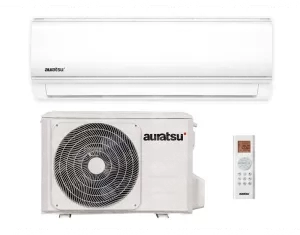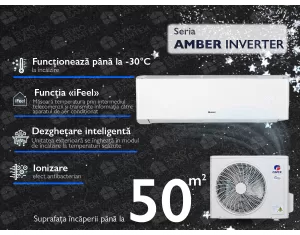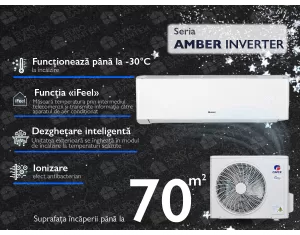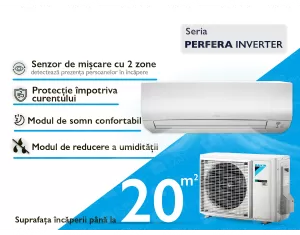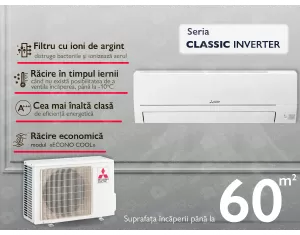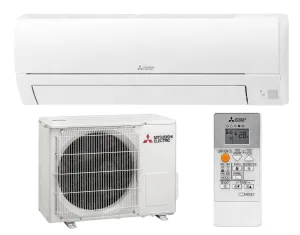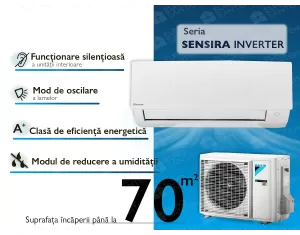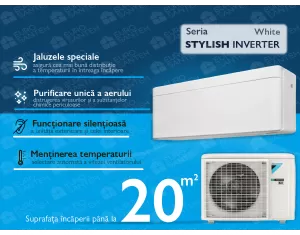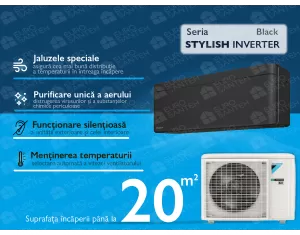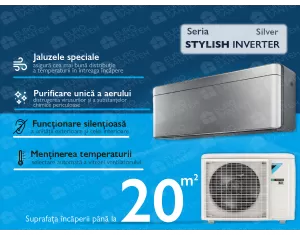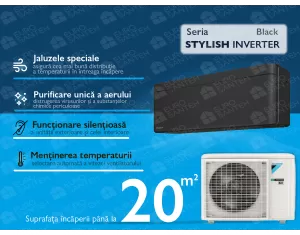Good air conditioner
When it comes to selecting a good air conditioner, there are several crucial factors to consider to ensure optimal cooling performance and energy efficiency. The market offers a plethora of options, and the right choice depends on your specific needs and the characteristics of the space you intend to cool. Let's explore key considerations to guide you through the process of choosing a good air conditioner.
Type of Air Conditioner:
One of the primary decisions is determining the type of air conditioner that suits your space. Different types include:
Window Air Conditioners: These units are installed in a window opening and are suitable for cooling smaller rooms. They are generally cost-effective and easy to install.
Split Systems: Consisting of an indoor unit and an outdoor unit connected by pipes, split systems offer efficient cooling with precise temperature control. They are aesthetically pleasing and suitable for various room sizes.
Portable Air Conditioners: Ideal for those seeking mobility and flexibility, portable units can be moved from room to room without the need for permanent installation.
Central Air Conditioning: Suited for larger homes or offices, central air conditioning systems have a ductwork system to distribute air throughout the entire building.
Energy Efficiency:
Pay attention to the energy efficiency rating of the air conditioner. Higher-rated appliances tend to reduce long-term operational costs, making them a more economical choice in the extended run.
Additional Features:
Modern air conditioners come with various additional features to enhance user experience. These may include air purifying filters, dehumidification functions, timers, and even smartphone control. Consider these features based on your preferences and requirements.
Cooling Capacity:
Ensure the cooling capacity of the air conditioner matches the size of the space you intend to cool. Undersized units may struggle to cool adequately, while oversized units can lead to inefficient energy consumption.
Brand Reputation:
Opting for well-known brands with a solid reputation often ensures a more reliable appliance. Research customer reviews and ensure the chosen brand provides adequate post-sales services.
Noise Level:
For optimal comfort, consider the noise level of the air conditioner. Units with lower noise levels are ideal for spaces where maintaining a quiet environment is crucial.
Cost Considerations:
Analyze the total costs involved, including the upfront price, installation expenses, and potential maintenance costs. Consider these factors in the long term to make an informed decision.
Warranty and After-Sales Services:
Choosing an air conditioner with a comprehensive warranty and reliable after-sales services provides additional confidence in your selection. It ensures support in case of issues or queries.
Environmental Impact:
Consider the environmental impact of the chosen air conditioner. Some models come with eco-friendly features and refrigerants that have a lower impact on the environment.
Conclusion:
Selecting a good air conditioner involves a thoughtful assessment of your specific needs, energy efficiency, additional features, and brand reliability. A well-informed choice ensures that you enjoy a comfortable indoor environment throughout the seasons, coupled with cost-effective and energy-efficient cooling. Take your time to explore options, compare specifications, and make a decision that aligns with both your immediate requirements and long-term expectations.




